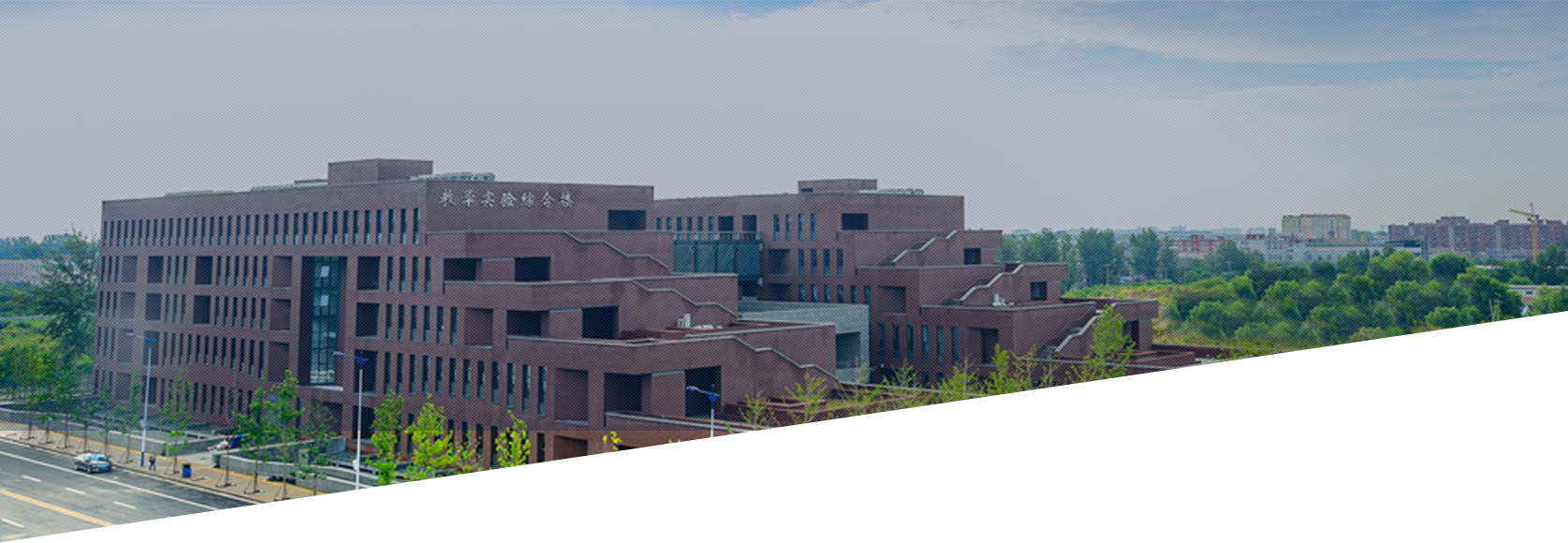主讲人介绍: Yansha Deng is currently an Assistant Professor in department of Informatics, Kings College London, U. K. She received the Ph.D. degree in electrical engineering from the Queen Mary University of London, U.K. in 2015. From 2015 to 2017, she was a Post-Doctoral Research Fellow with Kings College London, U.K. Her research interests include Internet of Things, 5G networks, Molecular Communication, and Machine Learning. She was a recipient of the Best Paper Awards from ICC 2016 and Globecom 2017. She is currently an Editor of IEEE Transactions on Communications and IEEE Communication Letters.
内容摘要: The cellular-based infrastructure is one of potential technologies that provide reliable connections for the massive Internet of Things (mIoT). However, it is impossible to conduct LTE networks for mIoT directly, as it faces a plethora of new challenges, such as massive access, heterogeneous traffic, limited battery, coverage extension requirement, etc. In this talk, we will introduce analytical and optimization approaches for Random Access procedure (RACH) in cellular-based mIoT networks. Firstly, we briefly go over a traffic-aware spatio-temporal model for RACH analyzing in cellular-based mIoT networks, which captures physical channel effects using stochastic geometry, and traffic evolution using queuing theory. We then introduce a model to study RACH in the specific cellular-based IoT network, namely NarrowBand-IoT (NB-IoT), taking into account the preamble repetition scheme. We finally present the optimization challenges of the proposed NB-IoT networks, and provide a deep reinforcement learning based dynamic optimization technique to maximize the number of successfully served IoT devices. Given the complexity of optimal algorithms, a Cooperative Multi-Agent Deep Neural Network based Q-learning (CMA-DQN) approach is developed, whereby the reliance on Deep Neural Networks addresses the problem by enabling operation over a large state space, while the Cooperative Multi-Agent deals with the large dimensionality of the configurations.

